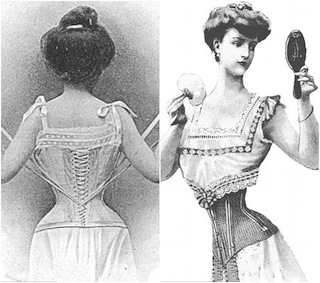
Vol. 6 No. 1: The Body

The Body
Pamela K. Gilbert, Albert Brick Professor of English
(University of Florida)
"The body: a surface on which events are inscribed [...] Genealogy, as an analysis of where things come from is thus situated at the point of articulation of the body and history. Its task is to show a body totally imprinted with history, and history destroying the body.” Michel Foucault
"Gender is always a doing[.]" Judith Butler
I am honoured to introduce this issue of Victorian Network, which directs our attention to one of the most durable areas of inquiry in contemporary scholarship on Victorian literature and culture: the body. The late eighteenth and nineteenth centuries are the period in which the body as we understand it is elaborated: modern medical models of the body are developed, modern political relations to the body are instantiated, and modern identities relations to class, race and gender are being inscribed.
The body is a bountiful topic. Over the last decades, study of the body that began with gender and bio-politics continued into explorations of materialism and ergonomic/economical concerns, evolution and industrialism, disease and health, sexuality, cyborgs, medical and legal history, and the new "neuro-humanities." Of the many areas of research showing unabated vitality, two of the most fecund continue to be the earliest. Michel Foucault casts a long and justified shadow over the last several decades of scholarship on the body. Foucault’s explorations of the relation of power and surveillance to both representations and the lived experience of bodies in the modern period have been foundational for subsequent studies.









